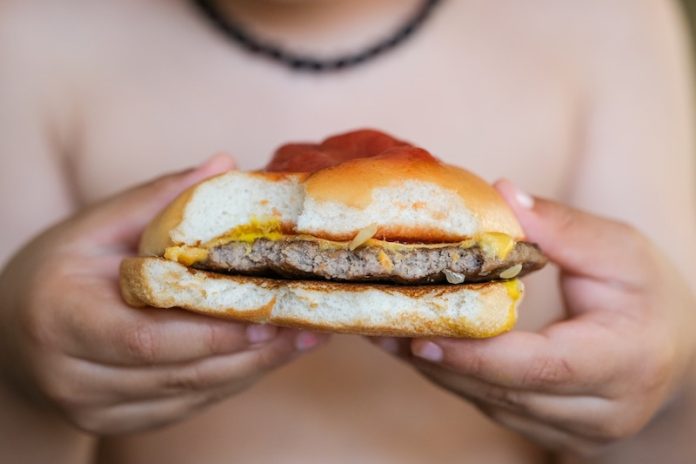
You may have heard the saying, “You can’t eat just one” in potato chip ads, and according to a study from the University of Michigan, there might be some truth to it.
This study has found that certain ultra-processed foods, including items like ice cream and potato chips, can trigger signs of addiction in people, similar to the way alcohol and tobacco can.
Understanding Ultra-Processed Food Addiction
Ultra-processed foods are those that are highly processed and often contain high levels of sugar and carbohydrates.
Researchers examined 281 studies from 36 different countries and discovered that approximately 14% of adults and 12% of children exhibited signs of addiction to these ultra-processed foods.
These findings were determined using the Yale Food Addiction Scale, a tool designed to identify addiction-like behaviors related to food consumption.
Comparison to Other Addictions
Surprisingly, the levels of addiction observed for ultra-processed foods were found to be on par with those seen in addictions to alcohol and tobacco.
Ashley Gearhardt, the lead researcher and a psychology professor at the University of Michigan, noted the importance of recognizing the addictive properties of certain processed foods, as it could have implications for global health.
The Nature of Ultra-Processed Foods
Alexandra DiFeliceantonio, a co-author of the study and an assistant professor at Virginia Tech University, pointed out that many natural or minimally processed foods provide energy primarily in the form of either carbohydrates or fats but not both.
Ultra-processed foods, on the other hand, often combine high levels of refined carbs and added fats, making them highly rewarding and potentially addictive.
While the study suggests a link between certain ultra-processed foods and addictive behaviors, some experts remain skeptical.
Dietician Erin Palinski-Wade explained that while foods rich in added sugar can stimulate the brain’s pleasure centers and become habit-forming, sugar itself is not addictive in the same way as drugs.
She emphasized that eliminating sugar from the diet does not lead to withdrawal symptoms or side effects as seen in true addictions.
Food cravings, she argued, are influenced by a complex interplay of nutritional content, emotions, and learned behaviors.
Implications and Calls for Action
The study’s findings suggest that ultra-processed foods high in refined carbs and added fats possess addictive qualities that may meet the criteria for a substance use disorder in some individuals.
Understanding this potential for addiction could pave the way for new approaches to clinical care and policy development.
The convenience, low cost, and marketing of these foods make them particularly appealing, especially in low- and middle-income countries.
Ashley Gearhardt stressed the need for global awareness of the addiction potential associated with ultra-processed foods and called for action to address economic and structural factors that drive people towards consuming these products.
Recognizing and addressing this issue may lead to improvements in public health and the overall well-being of individuals worldwide.
If you care about nutrition, please see recent studies that ultra-processed foods may make you feel depressed, and these antioxidants could help reduce the risk of dementia.
For more information about nutrition, please see recent studies that beetroot juice could help reduce blood pressure, and results showing cinnamon could help lower high blood pressure.
Follow us on Twitter for more articles about this topic.
Copyright © 2023 Knowridge Science Report. All rights reserved.



